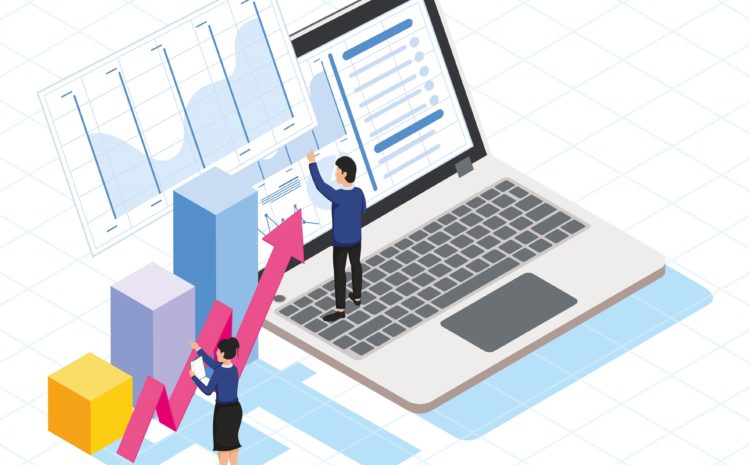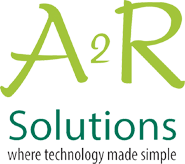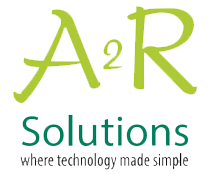
How Does Accounting Software Work: Streamlining Finances with Technology
In today’s fast-paced business world, efficiency is the name of the game. For businesses of all sizes, managing finances is a critical component of success. This is where accounting software steps in as a game-changer. In this comprehensive guide, we will delve into the inner workings of accounting software, exploring how it functions, its essential features, and the myriad benefits it offers.
Understanding the Basics
1. What is Accounting Software?
At its core, accounting software is a digital tool designed to automate, streamline, and simplify financial management processes. It allows businesses to record financial transactions, generate reports, and make informed decisions based on real-time data.
2. How Does It Work?
Accounting software operates on a simple yet powerful principle – it records financial transactions in a systematic and organized manner. Here’s a step-by-step breakdown of how it works:
a. Data Entry
Users input financial data into the software, including income, expenses, assets, and liabilities. This data entry can be manual or automated, depending on the software’s capabilities.
b. Data Processing
The software processes the data, categorizing transactions into various accounts and ledgers. It performs calculations, such as addition, subtraction, and balance checks.
c. Report Generation
One of the key functions of accounting software is to generate financial reports. Users can access balance sheets, income statements, cash flow statements, and more with just a few clicks.
3. Using Accounting Software
a. User-Friendly Interface
Most accounting software offers an intuitive interface, making it accessible to users with varying levels of financial expertise. This user-friendliness ensures that even those without an accounting background can navigate the software with ease.
b. Automation
Automation is a significant advantage of accounting software. It can automatically import bank statements, reconcile accounts, and even set up recurring transactions. This reduces the risk of human error and saves valuable time.
Functions of Accounting Software
1. Streamlining Bookkeeping
Accounting software simplifies bookkeeping tasks by allowing businesses to record transactions digitally. This eliminates the need for manual ledgers, making the process more accurate and efficient.
2. Financial Analysis
With access to real-time financial data, businesses can perform in-depth analysis. This includes assessing profit margins, identifying cost-saving opportunities, and tracking financial trends.
3. Tax Compliance
Accounting software often includes tax preparation tools, helping businesses stay compliant with tax regulations. It can calculate taxes owed, generate tax forms, and provide reminders for filing deadlines.
Common Features of Accounting Software
1. Account Reconciliation
Reconciliation is a critical feature that helps ensure the accuracy of financial records. Accounting software can automatically match transactions with bank statements, reducing discrepancies.
2. Invoicing and Billing
Many accounting software solutions offer built-in invoicing and billing features, allowing businesses to create and send professional invoices to clients.
3. Expense Tracking
Efficient expense tracking is essential for managing budgets. Accounting software lets businesses categorize and monitor expenses, helping them stay within their financial limits.
4. Financial Reporting
Robust reporting capabilities are a hallmark of accounting software. Users can generate a wide range of reports to gain insights into their financial health.
Benefits of Accounting Software
1. Increased Efficiency
By automating financial tasks, accounting software frees up time for business owners and employees to focus on core operations.
2. Reduced Errors
The risk of human error in manual accounting is significantly reduced with the use of software, ensuring more accurate financial records.
3. Real-Time Insights
Access to real-time financial data empowers businesses to make informed decisions promptly.
4. Scalability
Accounting software can grow with your business, accommodating increased data and transaction volumes.
5. Enhanced Security
Data security is a top priority for accounting software providers. They employ robust encryption and security measures to protect sensitive financial information.
Choosing the Right Accounting Software
Factors to Consider
When selecting accounting software for your business, it’s essential to consider various factors:
a. Business Size
The size of your business matters. Smaller businesses may require a more straightforward accounting solution, while larger enterprises might need a robust, scalable system.
b. Budget
Your budget plays a significant role in determining the software you can afford. Some solutions are available for free or at a low cost, while others may have more extensive pricing structures.
c. Industry-Specific Needs
Certain industries, like retail or healthcare, have specific accounting requirements. Ensure the software you choose can address your industry’s unique needs.
d. User-Friendliness
If you or your team members aren’t seasoned accountants, opt for software with an intuitive interface and user-friendly features.
e. Integration Capabilities
Consider whether the software can integrate with other tools you use, such as CRM systems or inventory management software.
f. Support and Training
Check if the software provider offers adequate customer support and training resources to help you make the most of the software.
Implementation and Training
Once you’ve selected the right accounting software for your business, it’s crucial to ensure a smooth implementation process. Here’s a brief overview:
a. Data Migration
If you’re transitioning from manual accounting or another software, ensure your data is migrated accurately.
b. Training
Invest time in training your team to use the software effectively. Many providers offer online tutorials and resources.
c. Ongoing Support
Continued support is vital, especially during the initial stages of software adoption. Ensure you have access to customer support if you encounter any issues.
The Future of Accounting Software
1. Technological Advancements
The accounting software landscape is continually evolving. Expect to see more AI and machine learning integrations, which will further automate tasks and provide advanced financial insights.
2. Remote Work
As remote work becomes more prevalent, cloud-based accounting software will continue to gain traction, allowing teams to collaborate effectively, regardless of their location.
Conclusion
In conclusion, accounting software is a vital tool for businesses looking to streamline their financial operations. Its user-friendly interface, automation capabilities, and wide range of features make it an indispensable asset. By leveraging accounting software, businesses can improve efficiency, reduce errors, and gain valuable insights into their financial health.
A2RSolutions stands out as the ultimate IT Software Company in Dubai, renowned for its exceptional offerings. A2RSolutions delivers top-tier accounting software solutions, encompassing Sage Partners in Dubai. We offer comprehensive online accounting software for small business Dubai, along with we are best HR & Payroll Software Companies in Dubai. Simplify your business operations with our cutting-edge software tailored for companies in Dubai. Get sage 50 accounting software Dubai at unbeatable prices with our exclusive offerings.



